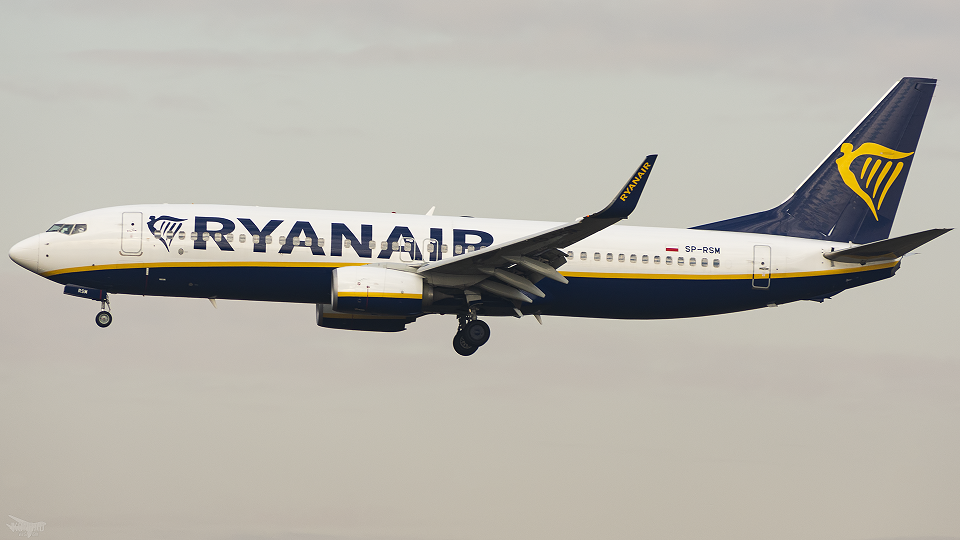Civil Aviation
Spain Fines Budget Airlines $187 Million for Excessive Cabin Luggage Fees

Travelers flying with budget airlines in Spain can now breathe a sigh of relief as the country’s Ministry of Consumer Rights takes a bold stand against what it calls “abusive practices” by some of the most popular low-cost carriers.
On Friday, Spain issued fines totaling €179 million ($187 million) to five airlines, targeting controversial fees for cabin luggage and seat reservations. This landmark move aims to protect consumer rights and ensure fair treatment for passengers.
Irish budget airline Ryanair received the heaviest penalty, with a €108 million ($113 million) fine. The carrier, infamous for introducing fees for carry-on luggage in 2018, was found to have imposed disproportionate and misleading charges.
EasyJet followed with a €29 million ($30 million) fine, while Spain’s own Vueling, part of the International Airlines Group (IAG), was ordered to pay €39 million ($41 million). Norwegian Air and Volotea were also penalized, receiving fines of €1.6 million ($1.7 million) and €1.2 million ($1.3 million), respectively.
Key Violations
The ministry highlighted several “abusive practices” by these airlines:
- Cabin Luggage Fees: Charging passengers extra to bring hand luggage onboard.
- Dependent Seat Reservations: Imposing fees for reserving seats next to children or dependent travelers.
- Ticket Printing Fees: Unreasonable charges for printing tickets at the airport.
- Opaque Pricing: Failing to provide clear and transparent pricing on their websites.
- Cash Payment Restrictions: Refusing to accept cash for ticket sales at Spanish airports.
Consumer Protections on the Rise
Spain’s Ministry of Consumer Rights announced plans to ban practices like charging for cabin luggage and seat reservations for dependent passengers altogether. These moves are part of a broader effort to ensure fair treatment for passengers and uphold transparency in airline pricing policies.
The Association of Airlines (ALA), representing the fined carriers, has already vowed to challenge the ruling in court. ALA called the penalties “manifestly illegal” and claimed they conflict with European regulations.

